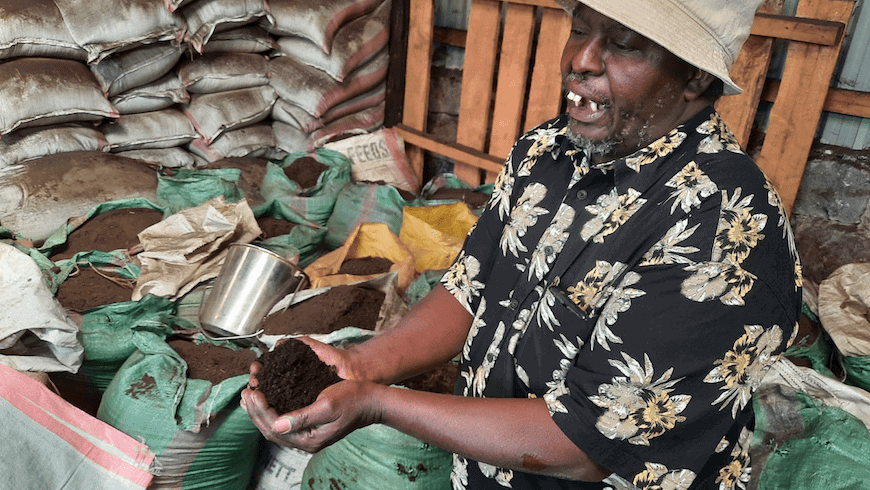July 7, 2022
Evidence suggests that applying behavioral science to global anti-poverty programs can increase their impact—typically by encouraging positive behaviors among program participants. But Mukta Joshi and Faraz Haqqi at ideas42 point out that the behavior of program staff has not received the same level of attention, even though staff directly shape a program's potential for impact. They explore how behavioral science can be used to optimize the behaviors of anti-poverty program staff, offering a powerful new channel for improving lives and livelihoods.







